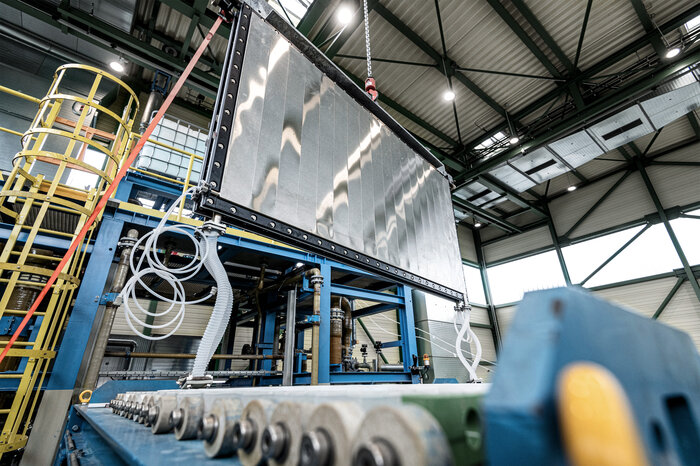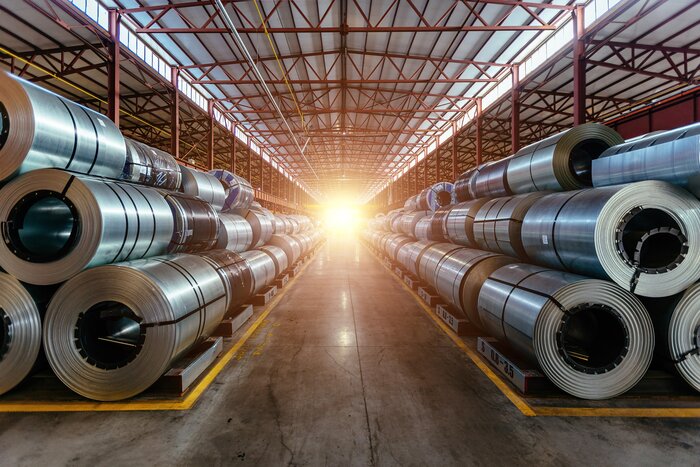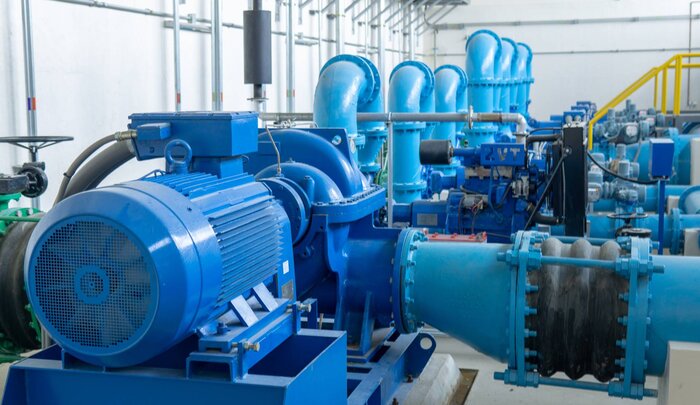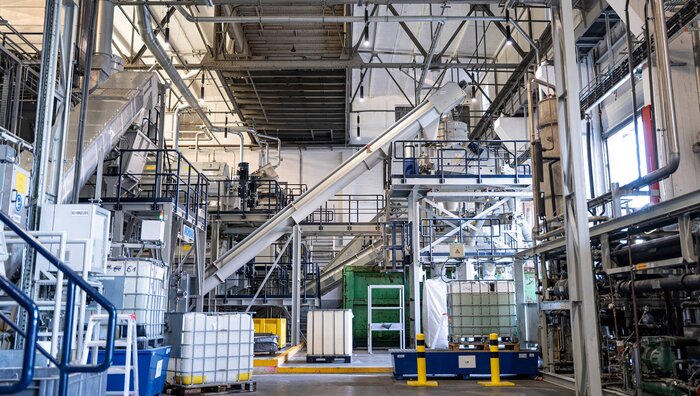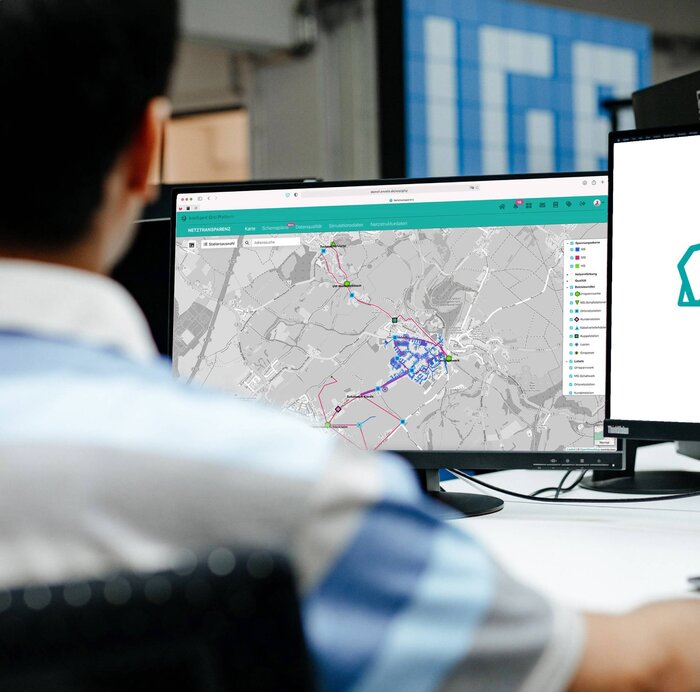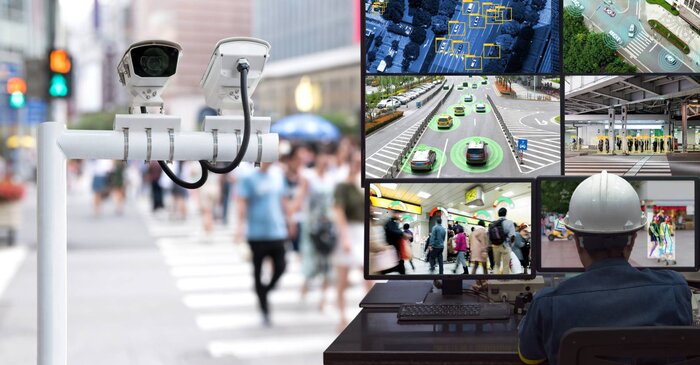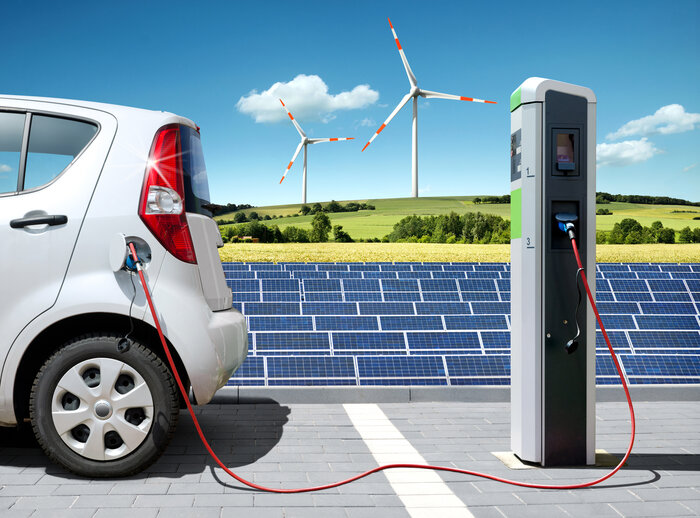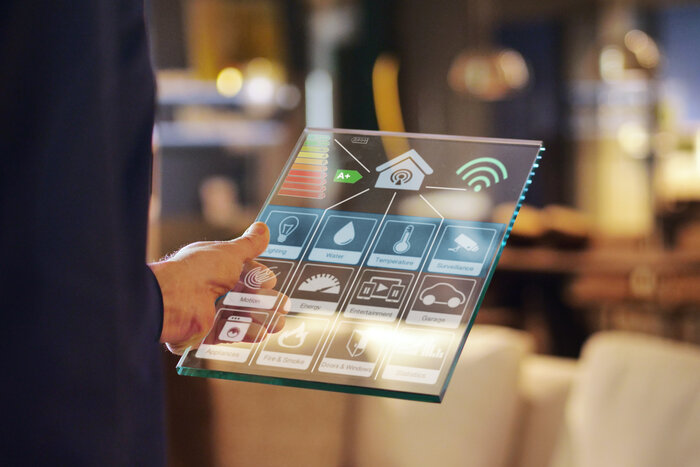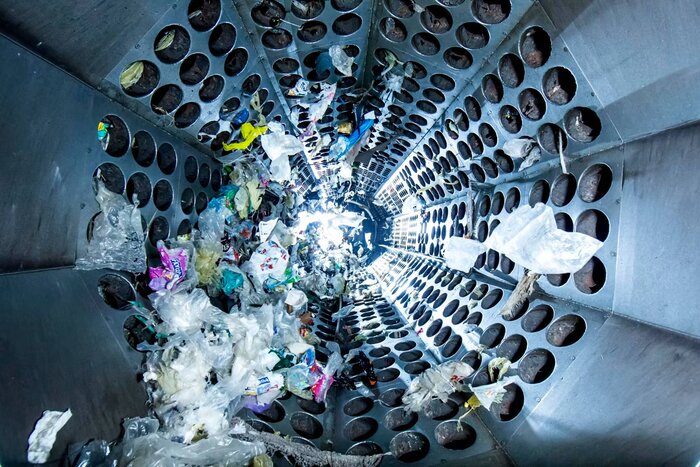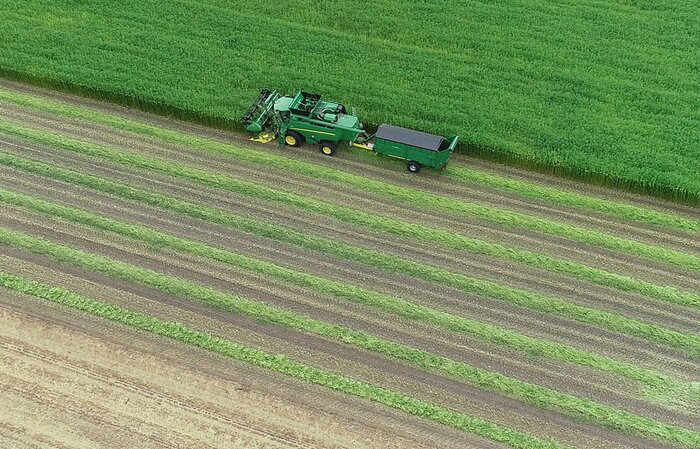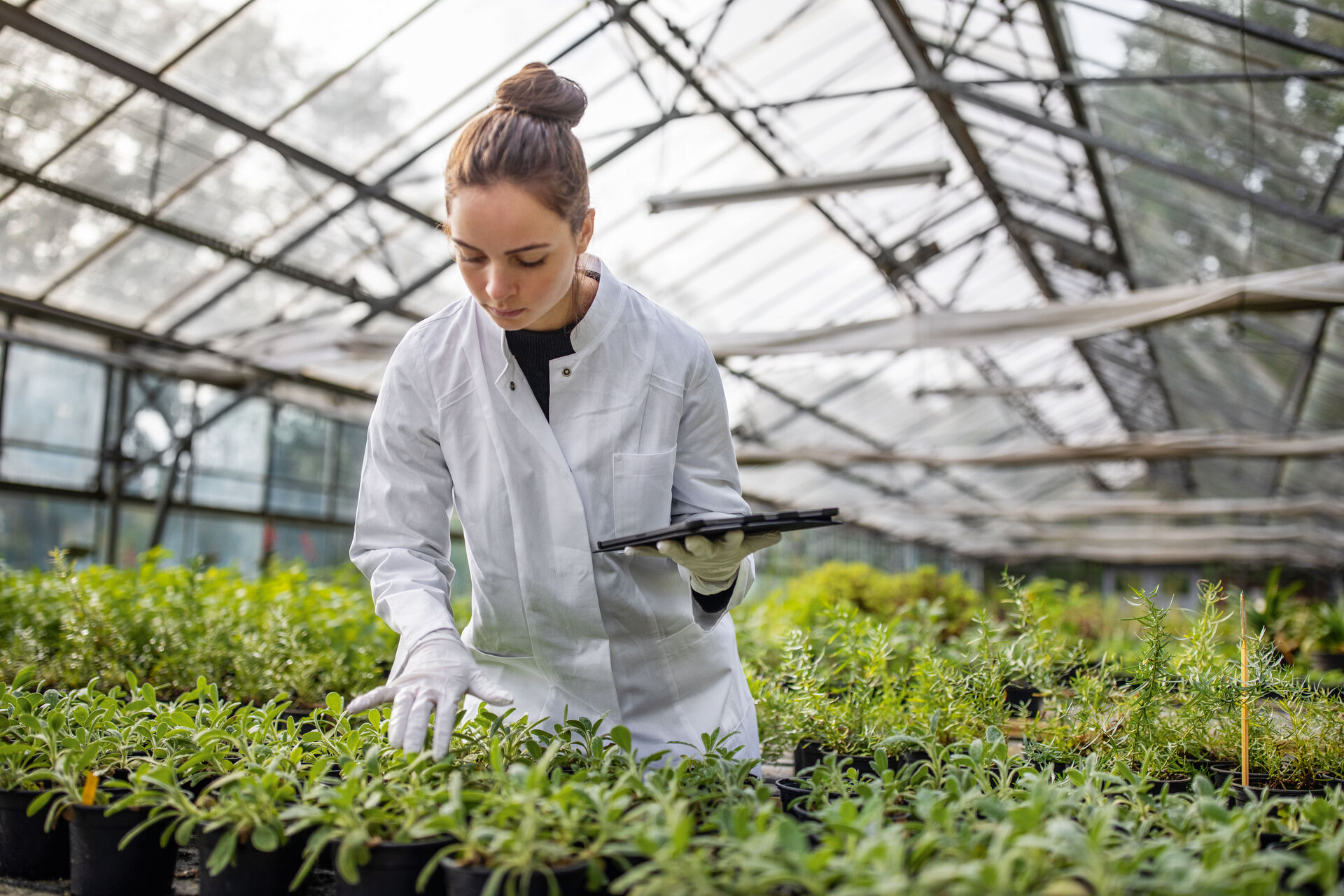
Greentech in NRW
From niche topic to growth sector
Greentech and cleantech provide cross-industry answers to the greatest challenge of our time: climate change. The industry focuses on sustainable technologies and solutions to address environmental problems, reduce the ecological footprint and thus enable economic growth in healthy ecosystems. The focus is on renewable energies, energy efficiency, waste management, water management and sustainable mobility.
At 14 percent, Germany has a major share of this trend-setting future market, which will more than double in volume from 2020 to 2030. This is thanks largely to numerous companies in NRW: At the biggest greentech location in the Federal Republic, global players and up-and-coming startups together generate almost one-fifth of Germany's total environmental economic output. The dynamic development of recent years shows the enormous potential in the region.
Greentech not only produces a highly qualified workforce. It also opens up new, sustainable prospects for the long-established industrial location. The broad research landscape continues to drive this growth engine. There is practically no other sector in which science and business are so closely intertwined.
Industry diversity through strong lead markets
One of the characteristics of the greentech sector is its diversity: Sustainable technologies are used in almost all industries – and the spectrum ranges from very specific, application-oriented solutions to comprehensive topics such as recycling. They can all be grouped into six lead markets:
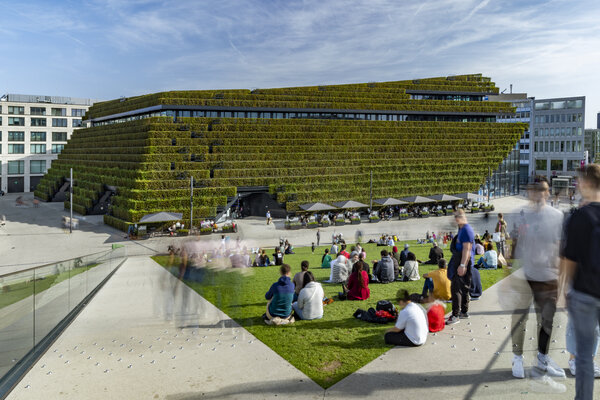
Energy, raw materials, and materials efficiency
How can resources, especially non-renewable resources, be used as efficiently as possible? What are the sustainable alternatives? These questions are particularly relevant to the energy industry – for example, when it comes to energy-efficient production processes, buildings or transportation.
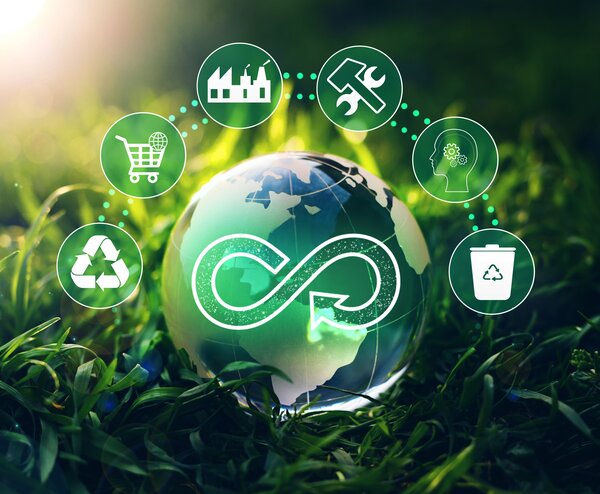
Circular economy
The circular economy aims to share, reuse, repair, refurbish or recycle materials and products for as long as possible. This includes waste collection, transportation and separation, material and energy recovery, and environmentally sound landfilling. The circular economy helps conserve resources by reusing recyclable materials or converting them into green energy through waste-to-energy recycling.

Sustainable mobility
Transport is a major source of greenhouse gas emissions. As a result, alternative propulsion technologies and fuels from renewable resources are in demand. Issues such as intelligent traffic control and the development and expansion of infrastructure are also becoming increasingly important. With its densely populated centers and extensive network of railways, waterways and airways, NRW has great potential in this area.
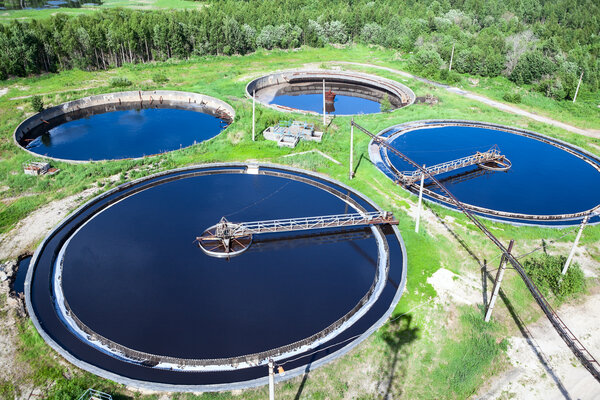
Sustainable water management
As climate change progresses, water is becoming an increasingly scarce resource. It is therefore more and more important to use it efficiently – for example by expanding the water network – and, above all, to make it usable through (wastewater) treatment.
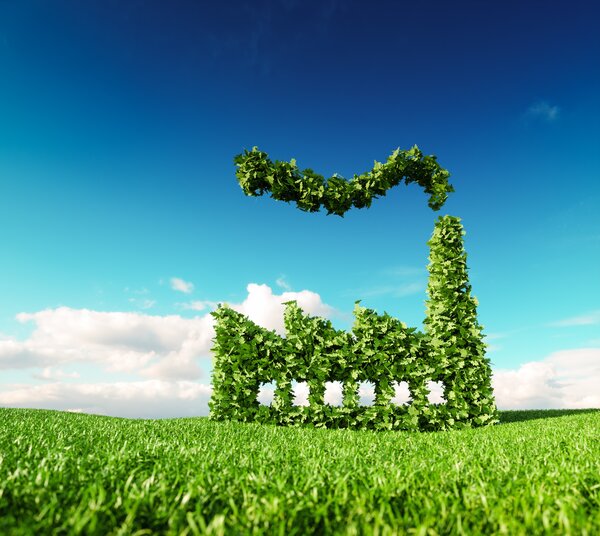
Environmentally responsible generation, storage and distribution of energy
The energy transition is one of the greatest challenges of our time. The shift from fossil fuels to renewable energy sources and the search for solutions to store, transport and distribute this green energy offer many opportunities for innovative companies.

Sustainable agriculture and forestry
A conscious approach to nature includes promoting healthy forests and sustainable agriculture. Healthy ecosystems also contribute to climate resilience. Modern technologies for managing forests and fields, and the judicious use of fertilizers, pesticides and animal feeds, play an important role.
Long-established companies and innovative strength
World market leaders, hidden champions, startups: In no other federal state is the industrial landscape as dense, diverse and innovative as in NRW. Here, the experience and resources of renowned companies meet the fresh ideas of ambitious founders – ideal conditions for a dynamic sector like greentech.
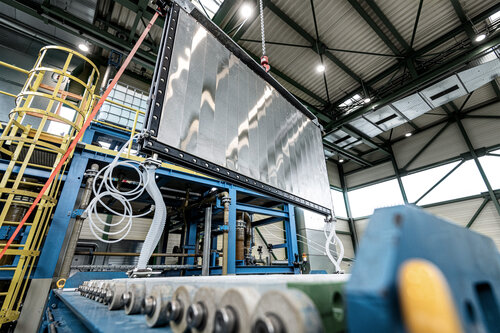
thyssenkrupp
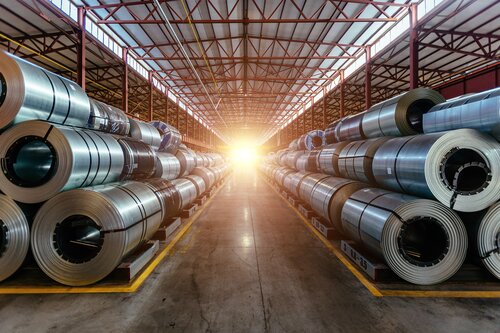
ZINQ
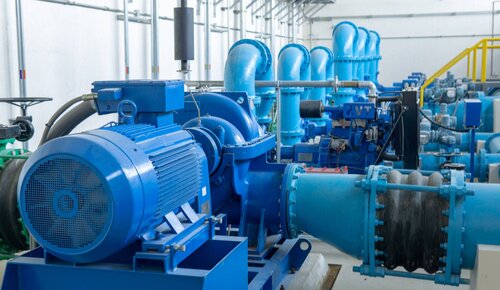
WILO
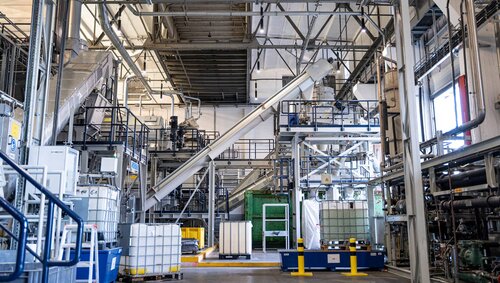
Remondis
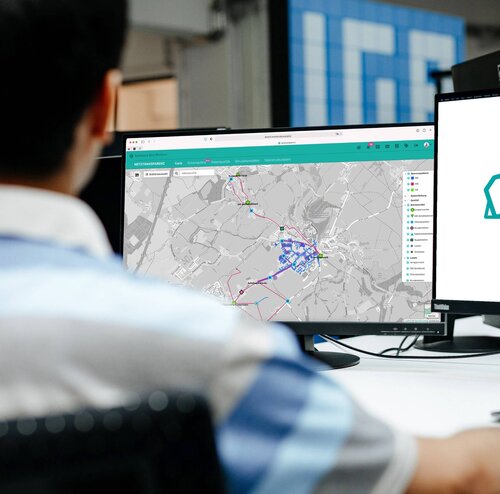
Envelio GmbH
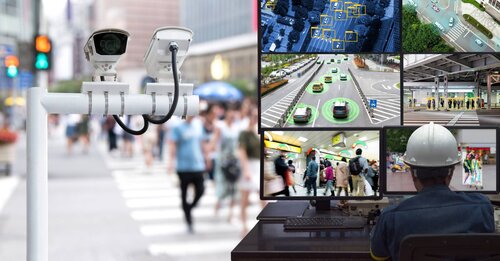
4traffic SET GmbH
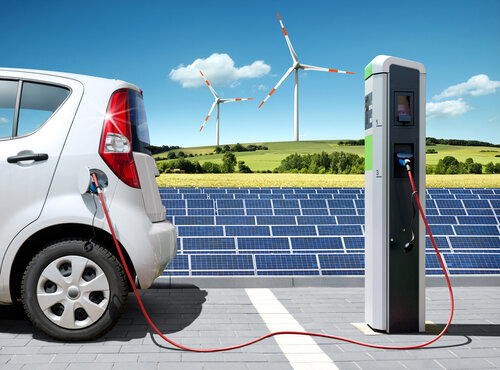
Voltfang GmbH
Attractive expansion location for top international companies
NRW's greentech sector has a charisma that extends far beyond the state's borders. Thanks to its optimal location factors, the state attracts numerous international companies from all over the world, including some well-known big players who want to profit from the dynamic market environment.
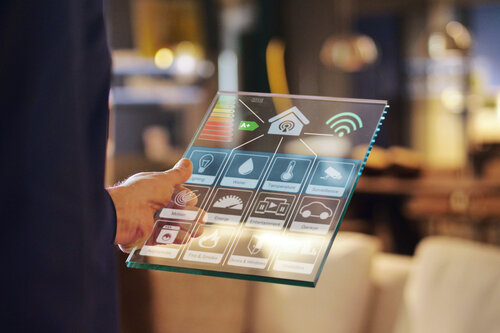
Johnson Controls
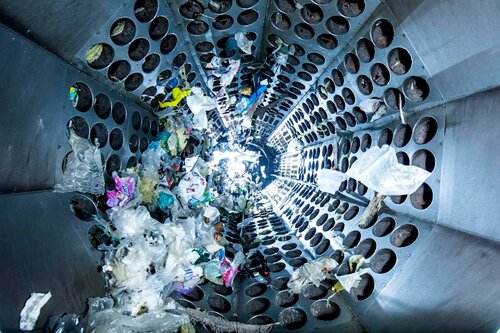
Veolia
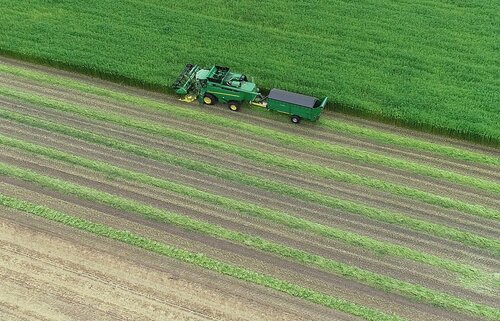
Bast Fibre Tech
Innovation sites pool expertise
Innovative companies and a large pool of highly qualified specialists: Both come together in NRW's greentech sector and inspire each other. The state's extraordinarily dense educational and research landscape, with some 70 universities, produces numerous young talents who enter the job market with new ideas. This close and international networking of science and industry creates incubators for sustainable innovations in NRW.
Starting in 2024, the Euref Campus in Düsseldorf will bring together startups and companies from the fields of energy, sustainability and mobility. The site at the state capital's airport is to become a European energy forum. The exposed location with 80,000 square meters of office and event space offers the best conditions for this. The project is the second of its kind in Germany after the Euref Campus Berlin.
Not far away, in Wuppertal, companies and startups from innovative technology sectors can settle: The Smart Tec Campus Wuppertal, with a 19,000-square-meter area at the highest point of the city, attracts IT companies with a focus on areas such as artificial intelligence, among others. Thanks to the industry-oriented environment, they can expect a wide range of networking opportunities within the greentech competence cluster.
Photo credits
The photographic material was kindly provided by:
© mauritius images, Getty Images
© thyssenkrupp Steel Europe AG
© AdobeStock, peach_fotolia
© NRW.Global Business, Jan Tepass
© Adobe Stock, Miha Creative
© HEYST
© Shutterstock, Kekyalyaynen
© Adobe Stock, malp
© Getty Images
© Thyssenkrupp
© Shutterstock, Vladimir Mulder
© Shutterstock, Wisarut pumipak
© Remondis
© Envelio GmbH
© Shutterstock, Zapp2Photo
© Shutterstock, Petair
© Shutterstock, Kitreel
© Veolia
© Bast Fibre Tech
Welcome to NRW!
These and many other location advantages await you in NRW. Invest in one of the most attractive economic regions in Europe. NRW.Global Business will help you – contact us!
Other innovation topics:
In 4 easy steps to North Rhine-Westphalia | NRW
We support you in your successful settlement in NRW with our international offices abroad and our headquarters in Düsseldorf. We are your partner and accompany the project in confidence – from the first contact to the successful settlement and beyond.
